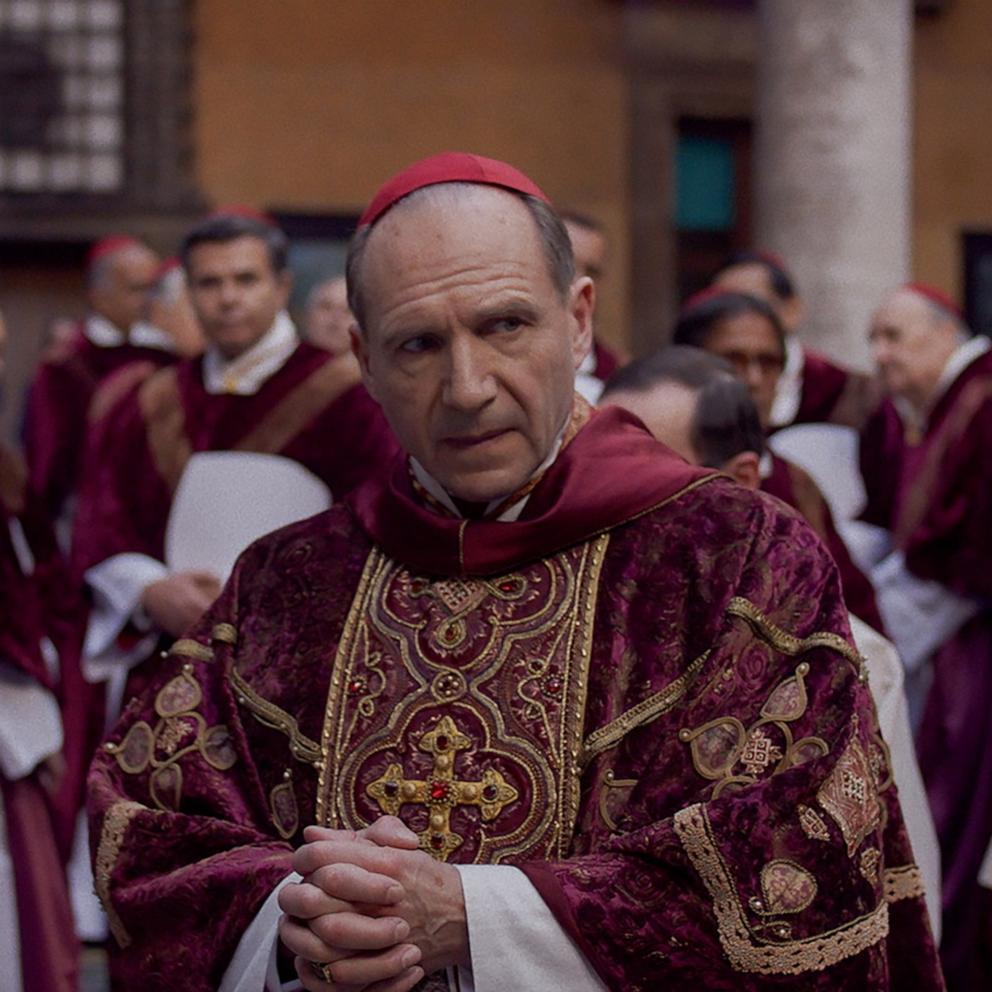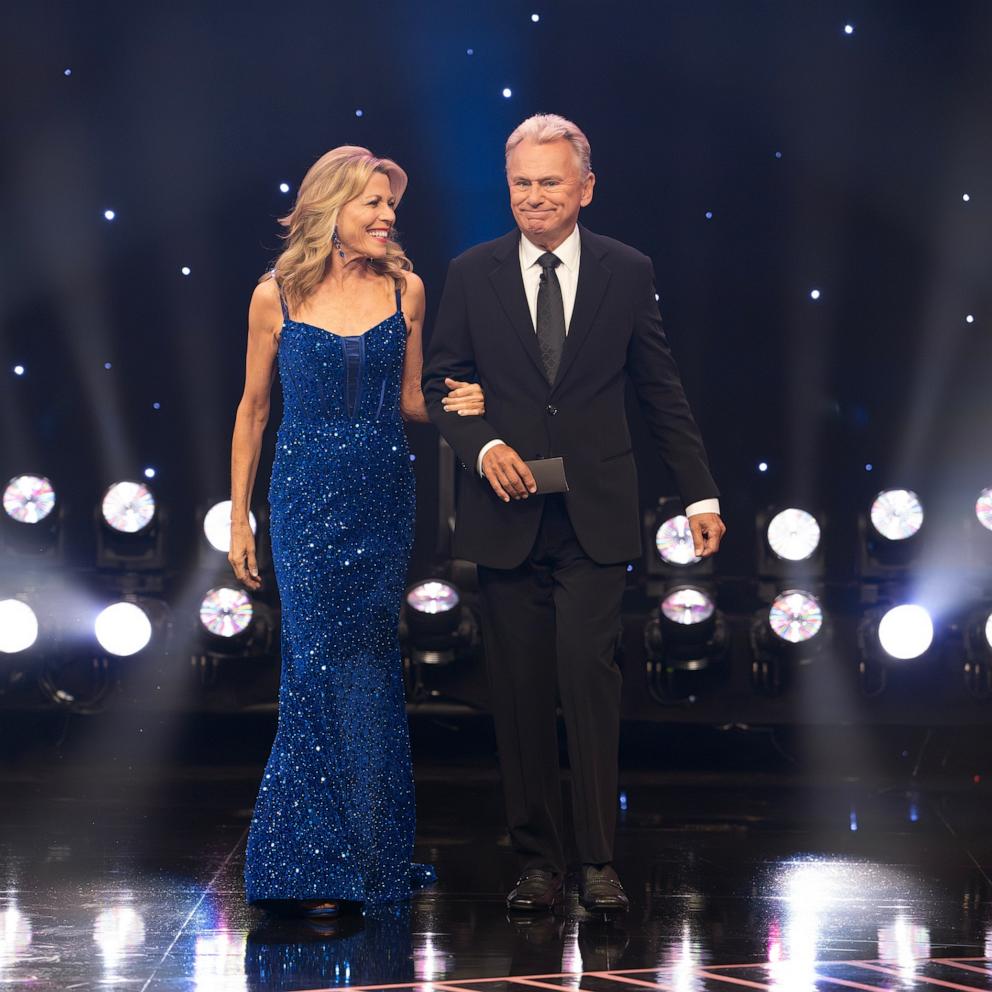“River Sing Me Home,” the debut novel of author Eleanor Shearer, is our “GMA” Book Club pick for February.
The book follows a mother in the early 1800s, Rachel, and her powerful journey across the Caribbean to find her stolen children in the aftermath of slavery. It offers a look at the ambiguities of British emancipation which left slaves tied to their masters for many years.
Are any of Rachel’s five children still alive? This question burns as the mother discovers what happened to each of her children, their differing experiences illuminating a little-understood time of Caribbean history.
Shearer said the inspiration for this historical fiction novel came from real women’s stories as well as her own personal heritage, as a granddaughter of Caribbean immigrants.

Read and listen to an excerpt below and get a copy of the book here.

'River Sing Me Home' by Eleanor Shearer
- $25.11
- $27
- NaNm
This month, we are also teaming up with Little Free Library to give out free copies in Times Square and at 150 locations across the U.S. and Canada. Since 2009, more than 300 million books have been shared in Little Free Libraries across the world. Click here to find a copy of "River Sing Me Home" at a Little Free Library location near you.
Read along with us and join the conversation all month long on our Instagram account -- GMA Book Club and #GMABookClub.
*****
It was the blackest part of the night and Rachel was running. Branches tore at her skin. Birds, screeching, took flight at the pounding of her strides. The ground was muddy and uneven, slick with the residue of recent rains, and she slipped, falling hard against the rough bark of a palm tree. She slid down to the soil, to where ants marched and beetles scurried and unseen worms burrowed through the earth. With ragged breaths she gulped the heavy, humid air into her lungs. She could taste its dampness on her tongue, tinged with the acidic bite of her own fear.
What had she done?
She looked behind her. Looming in the darkness was the outline of the mill on Providence plantation, its arms splayed out like four sharp-edged daggers marking an angry cross into the sky. Terror clawed at her throat, as if the mill itself had eyes and could whisper to the overseer what it had seen.
It was not too late. She could still climb back over the wall and creep through the fields of half-planted cane, where gaping holes awaited young green stalks. She could return to her hut, one wooden square among many, and lie back on the sleeping mat that was worn thin from forty years of use. She could wait for dawn and another day of labor…
Scrambling to her feet, she kept running. Her legs plunged her deeper into the half-formed shadows of the forest.
Her chest ached. She wanted to collapse but could not; her body, unbidden, carried her farther and farther away from Providence. Every snap of a twig sounded like a gunshot; the murmuring of cane toads became the distant cries of searching men. She must keep running.
Alone, mud-streaked, with weariness sinking into her very bones, a question haunted her—
Was this freedom?
The empty forest. Her fleeing, sick with dread. Was this what they had hoped for, all along?
The day before, all the slaves of Providence had gathered outside the great house. A stone-faced set of white people waited for them—the master, on horseback, flanked by the overseer, with the master’s wife and three children standing on the steps of the house. The white people stared at the slaves. The slaves stared back.
They all knew what was coming. Some of the slaves even smiled. Rachel was among those who didn’t. She was old enough to remember other times when there were whispers about the end of slavery. She would not believe it until she heard it for herself from the master’s own mouth.
The master’s balding forehead glistened with sweat in the heat. As he brought his horse forward, Rachel caught a glimpse of his wife’s face, her lips pressed into a line of seething contempt. It was this sight, more than anything, that weakened Rachel’s resolve. She dared to hope.
The master kept his remarks short. He told them that the king had decreed an end to slavery. As of the following day, the new Emancipation Act would come into effect.
They were free.
Some people cried. Others yelled and danced in delight. They were a mass of shouting, sweating bodies, a river bursting its banks. The master and the overseer barked useless orders, unable to be heard over the noise. Eventually, the master rode his horse through the crowd at a gallop, just to get them quiet again. Its hooves kicked one woman’s head in, and she died instantly. But she died free.
There was more, the master said. They were no longer slaves, but they were instead his apprentices. By law, they would work for him for six years. They could not leave. When the sun rose, Rachel and all the rest would be going back out to finish the planting. They would tend to the cane until the next harvest, and the harvest after. Six years of cutting and planting and cutting again.
Freedom was just another name for the life they had always lived.
An ugly hiss went through the crowd. The overseer, gun slung over his shoulder, reached to bring it down. A hundred pairs of eyes watched the arc of his hand. The master’s horse blew air through its nostrils, its reins pulled taut.
The hiss died, and the crowd was still.
Rachel heard the news of hollow freedom in silence. For years, she had lived in perpetual twilight. Those she loved were long gone. Her life had shrunk to the size of the plantation, the routine of endless toil and the long shadows of what had once been. So, there was sense to it. Freedom was an emptiness that could only be filled with sugarcane.
That night, everything was the same. The press of the ground on her back. The shape of her limbs, thin and knotted with sinew. The musty smell of her hut. Days of labor lay ahead, her life as neatly plowed as the furrows in the field.
In sleep, she dreamed of her mother. Or maybe it was the idea of a mother, an outline of warmth and kindness. She couldn’t remember her own mother.
The mother was there in front of her, but somehow Rachel knew that she was also not there. She was somewhere far across the sea. She was fragile, a wisp of smoke. She could not stay long.
The mother spoke a name, and Rachel knew that it was her name— the name she was meant to have before some white man called her Rachel. What the white man gave, he could always take away. But this other name—this was hers. Rachel repeated it. The syllables felt strange in her mouth, but as the thrum of speech vibrated through her, they gave her strength. She was able to stand without stooping. She could feel the pleasant weight of her body, solid and powerful.
The mother stepped back and began to dissolve, one drop at a time, soaking the earth underneath her. When she was gone, the soil glistened a deep, rich red.
Rachel had awoken in pitch darkness—wild, trembling and glistening with sweat—and her body could not be stilled. It moved without her asking it to; it moved on animal instinct alone, crawling out of the hut, unfurling and flinging itself out of Providence and into the night.
In the forest, Rachel asked herself again: Was this freedom? A violent rupture, a body driven to flight, a mind paralyzed with horror as it watched things unfold beyond its control?
The trees had no answer. Their leaves whispered in the wind, and Rachel imagined them taunting her—
What now?
Her body moved beyond the range of thought, with a desperate will of its own.
She kept running.
*****
Excerpted from RIVER SING ME HOME by Eleanor Shearer, published by Berkley, an imprint of Penguin Publishing Group, a division of Penguin Random House, LLC. Copyright © 2023 Eleanor Shearer.




